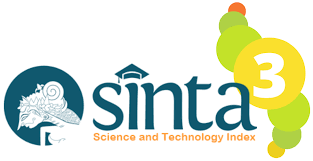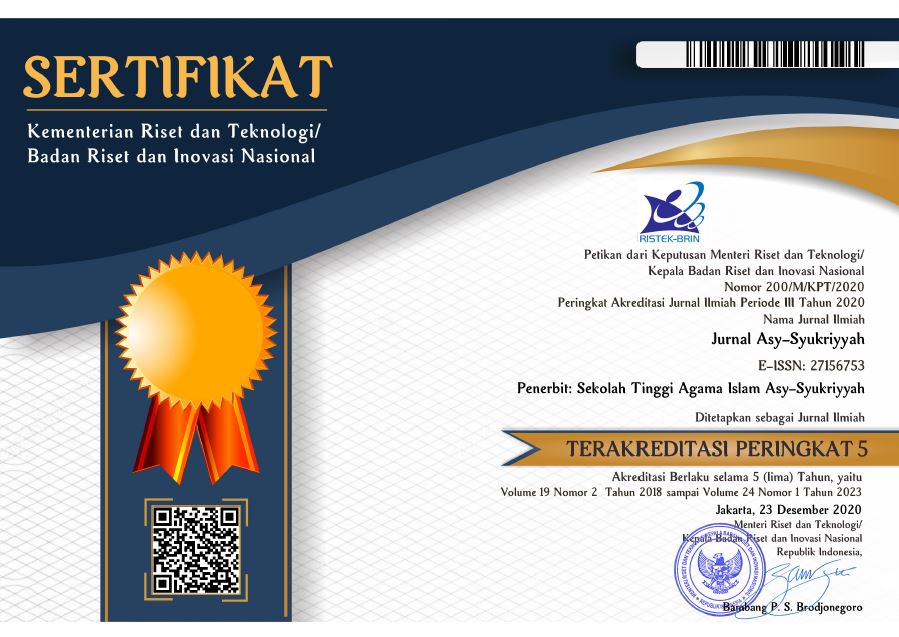Analisa Zakat Dan Instrumen Sejenis Terhadap Sistem Fiskal Islam
DOI:
https://doi.org/10.36769/asy.v19i2.32Keywords:
Zakat, Islamic Fiscal, justiceAbstract
The influence of zakat ensures that economic activities can run at a minimum level, namely at the level of meeting primary needs, where zakat, infaq-shadaqah and other similar instruments encourage aggregate demand, because its function is to help the ummah to reach the standard of living above the minimum level. In Islamic Fiscal Policy C = Co + b Yd, Yd = Y - Zakat + Tr (8 asnaf), IS = C + I + G + (X-M). Infak-shadaqah and similar instruments are through bitul mal used to alleviate poverty through development programs. So zakat and infa-shadaqah have their respective roles. In the condition of the good ummah where the level of faith is at a good level, the state income derived from the infaq-shadaqah should be greater than the receipt of zakat. Guarantee in the mechanism of zakat is a top priority in economic policy (when zakat is not able to fulfill the guarantee function, then state revenues from sources other than zakat will be used until the minimum needs of all people are fulfilled).















